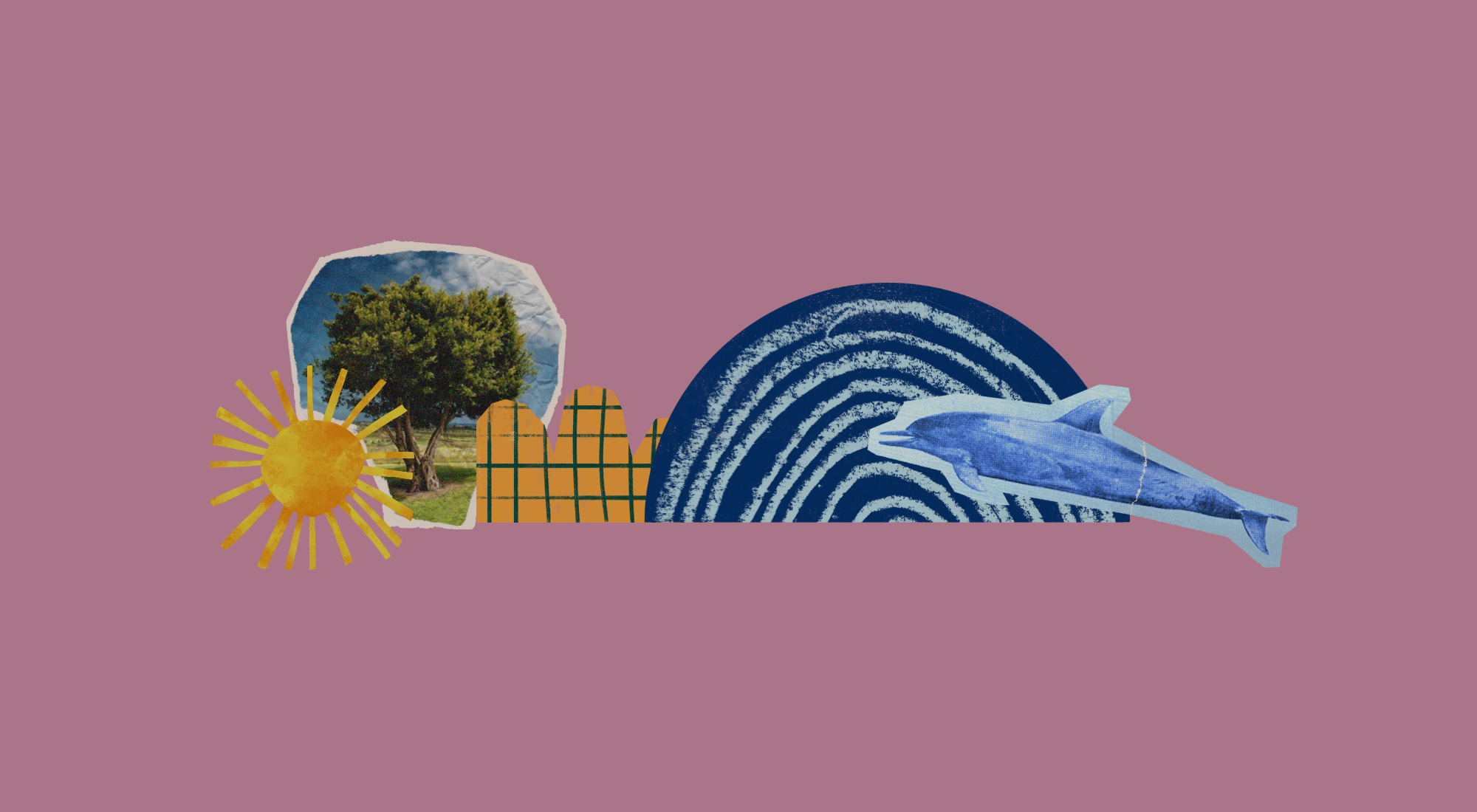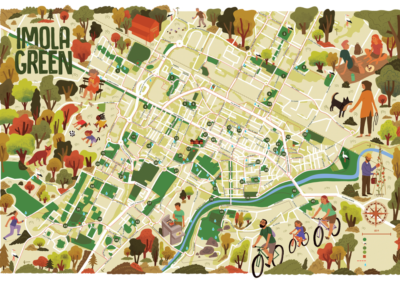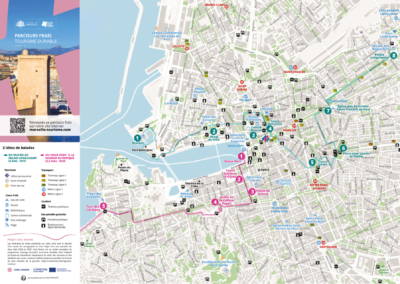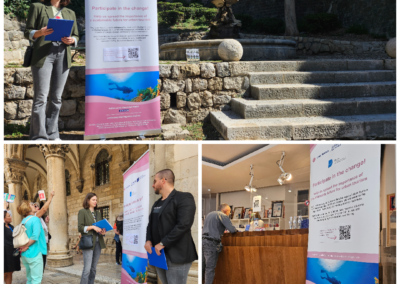Promoting sustainable tourism is one of the four missions of the Interreg Euro-MED Programme. Today, we focus on the achievements of three projects launched just one year ago! On the agenda: adapting tourist cities to heat waves, promoting Mediterranean industrial heritage and data management for destinations.
Cool Noons: already 15 cool tourist paths in 5 major cities
The Cool Noons project brings together the cities of Lisbon, Marseille, Imola, Dubrovnik and Budva around a shared challenge: how can we make it easier for tourists to visit cities during the hottest hours of the day?
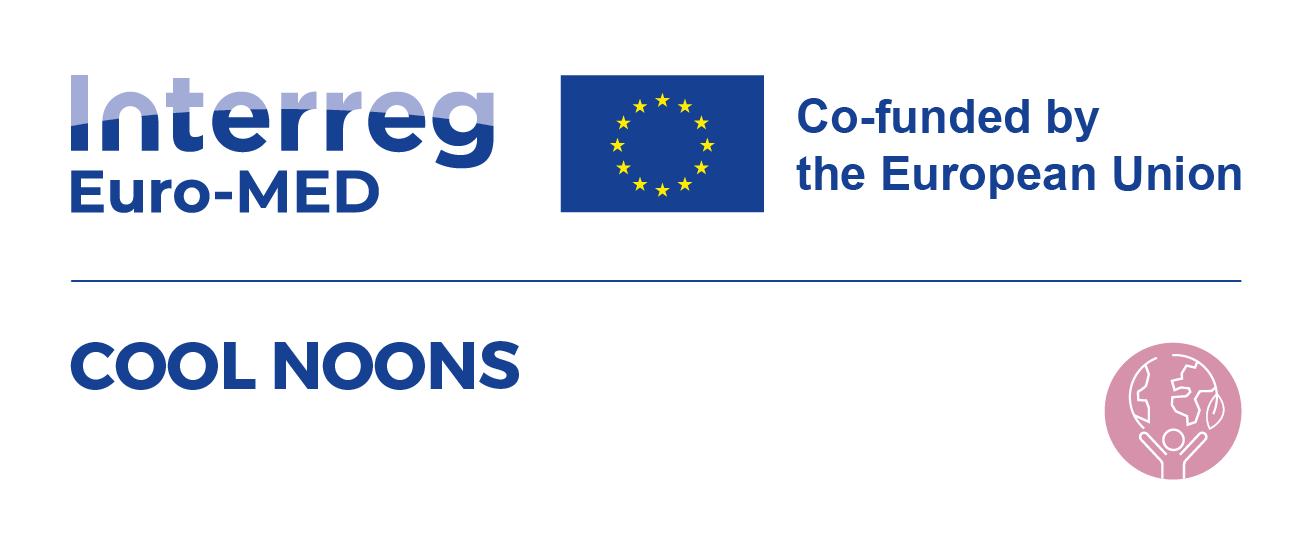
According to Lu’u Dauxais, project manager at the Agency for Mediterranean Cities and Territories (AVITEM, lead partner of the project), The Cool Noons project reveals the need to address urban heat as a major health, social and human issue for the coming years in our Mediterranean cities. To tackle this issue, the project fosters a network of walkable green corridors linking bioclimatic shelters and promotes living soils and the protection of fauna.’
Launched in 2024, this very active project is already showing its first results as all five cities have already identified and mapped no fewer than 15 cool paths. These routes connect green and shaded areas and take visitors to iconic locations, as well as lesser-known spots.
To achieve this, the project has organised participatory workshops with local authorities, tourism stakeholders and, of course, residents. ‘We are looking forward to new practices in tourism,’ adds Agnese Comissari, project manager for Imola Faenza Tourism Company. ‘How the locals live in the city is a real inspiration for tourists.’
More broadly, Cool Noons promotes the implementation of a wide range of solutions to cool urban spaces, including:
- Nature-based solutions: planting trees, green pergolas, public gardens, greening balconies, etc.
- Water-based solutions: public fountains, misters, etc.
- Urban design: benches and rest areas in parks, shade structures, light colours, fresh air corridors, traffic restrictions.
To find out more, visit the project website or follow it on LinkedIn, Facebook or Instagram.
SMITour: discover the industrial heritage of the Mediterranean!
The Mediterranean is more often associated with the blue of its sea than with its industrial heritage. And yet, this heritage is diverse and rich in assets that can be highlighted in tourist circuits. Would you be interested in visiting old industrial sites in your holidays?
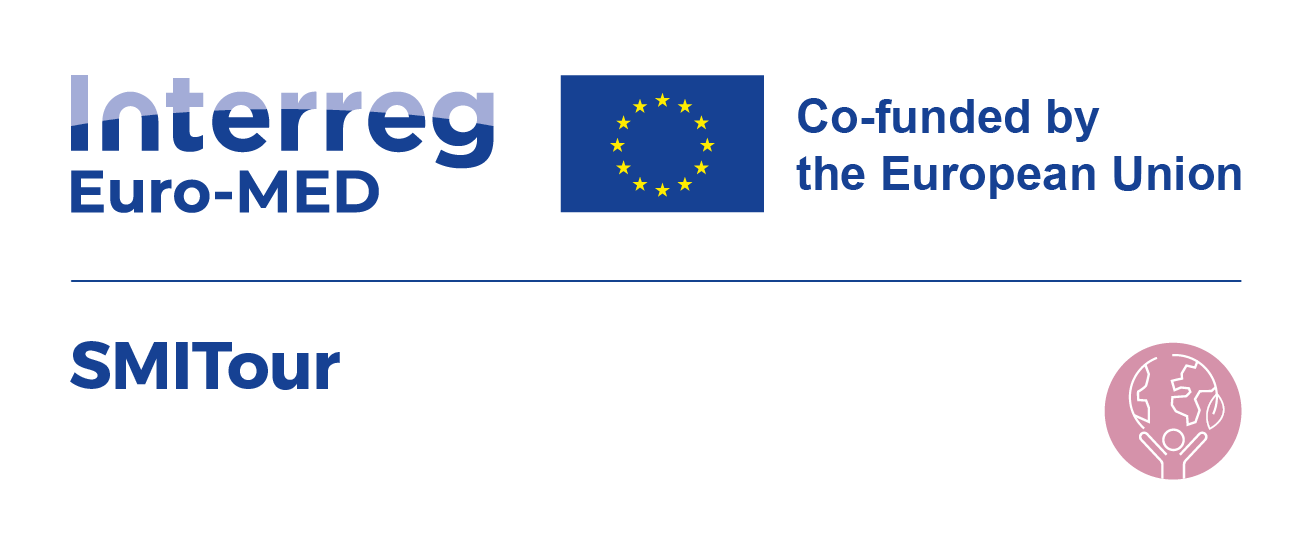
heritage industrial sites accross Europe
global industrial tourism market in 2033 (in billion euros)
%
annual growth rate for industrial tourism
%
annual growth rate for smart tourism
To this end, the SMITour project – which stands for Smart Industrial Tourism – is identifying the potential for developing an innovative, digitalised tourist offering based on industrial heritage in the six regions or countries participating in the project: Catalonia, Croatia, Greece, Italy, Portugal and Slovenia.
This study project, launched in 2024, has already produced three high-quality analyses:
- A survey on the state of the art and the development potential of industrial tourism: number of sites, facilities, tourist experiences, technologies deployed, sustainability of the approach, etc.
- A study on the type of tourist experiences offered to visitors at these sites in order to identify best practices: digital experiences, immersive activities (historical, theatrical, culinary, crafts), educational and social inclusion activities, etc.
- A study of the most innovative digital experiences in partner countries or regions: artificial intelligence, virtual reality, the Internet of Things (IoT), virtual tours/augmented reality, gamification, immersive experiences, robots, etc.
According to the SMITour project lead partner, The Municipality of Prato, ‘smart industrial tourism goes beyond mere observation; it crafts a deep connection where technology and industry converge, allowing visitors to discover the past, grasp the present, and envision the future through intelligent and immersive experiences that reveal the cutting edge of innovation. Its evolving strategy is driven by the integration of advanced digital technologies. Focusing on transformation of passive observation into deeply immersive and intelligent visitor experiences.’
What is the next step in the project? The design of an industrial tourism development strategy for the sectors covered by the project, which could be extended to other territories.
For more information, visit the project website or follow it on LinkedIn and Facebook.
LIBECCIO: Better visitor experience thanks to data
The partners involved in the LIBECCIO project also have some initial results to share! They have carried out significant work to advocate the upcoming decision support platform (Destination Management Support System / DMSS) and improve flow management in tourist areas.
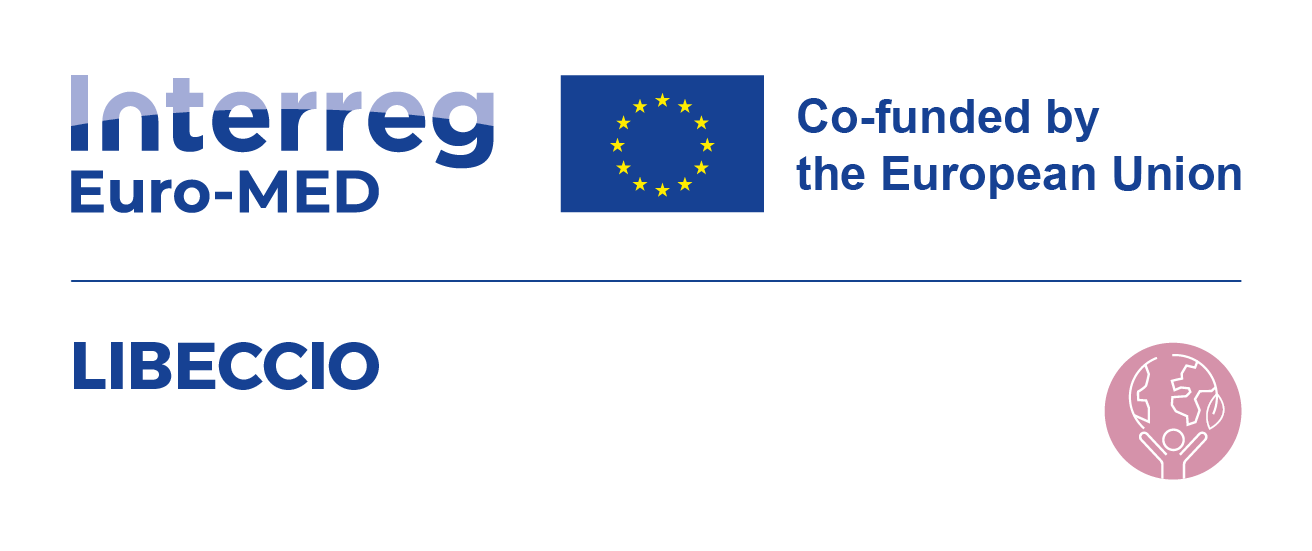
By identifying key data, verifying its availability at different levels, and defining usable indicators, the project is building a solid foundation. Data is abundant, but it must be carefully selected and analysed through the right tools to be truly useful.
How will this benefit visitors? In many ways:
- Destinations and tourism stakeholders will be able to better predict flows and adjust resources to improve the tourist experience.
- Detailed visitor profiles will enable the creation of targeted services and the analysis of online reviews.
- Tourism strategies can be evaluated for their social, environmental, and economic impacts, guiding future commitments and certifications.
Libeccio also uses a Living Lab method to involve local actors—institutions, businesses, citizens—in co-designing tailored tourism solutions, boosting collaboration and governance.
The Destination Management Support System / DMSS is currently being tested in various Mediterranean pilot areas, ensuring flexibility across different contexts. Insights from these pilots will inform a broader Action Plan to extend the project’s results.
The project has also just launched the Euro-MED Tourism Innovation Platform (ETIP), a community of stakeholders committed to strategic tourism development across the region.
For more information, visit the project website or follow it on LinkedIn and Facebook.
More collaboration for sustainable tourism is to come!
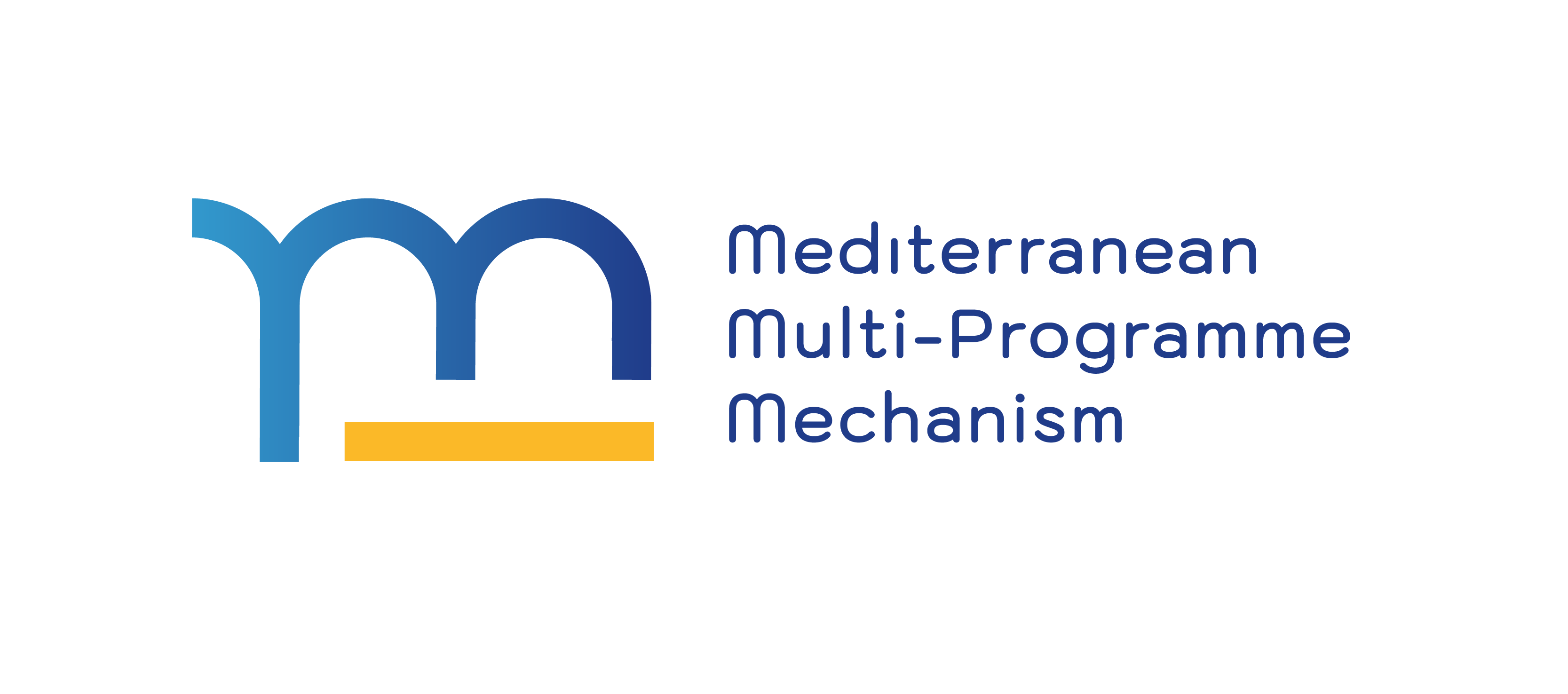

EIGHT INTERREG PROGRAMMES JOIN FORCES TO PROMOTE SUSTAINABLE TOURISM
As part of the Mediterranean Multi-Programme Mechanism, eight Interreg programmes will come together on 25 and 26 June in Split, Croatia, for a joint event: Paths that last – Collaborating for sustainable tourism in the Mediterranean.
The programme includes round tables, conferences and workshops to:
- Help sustainable tourism projects funded by these eight programmes to get to know and inspire each other better.
- Help the eight programmes establish a common ground for a future joint call for projects on sustainable tourism, a first in the Interreg world!

